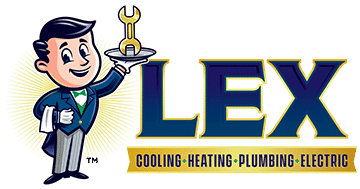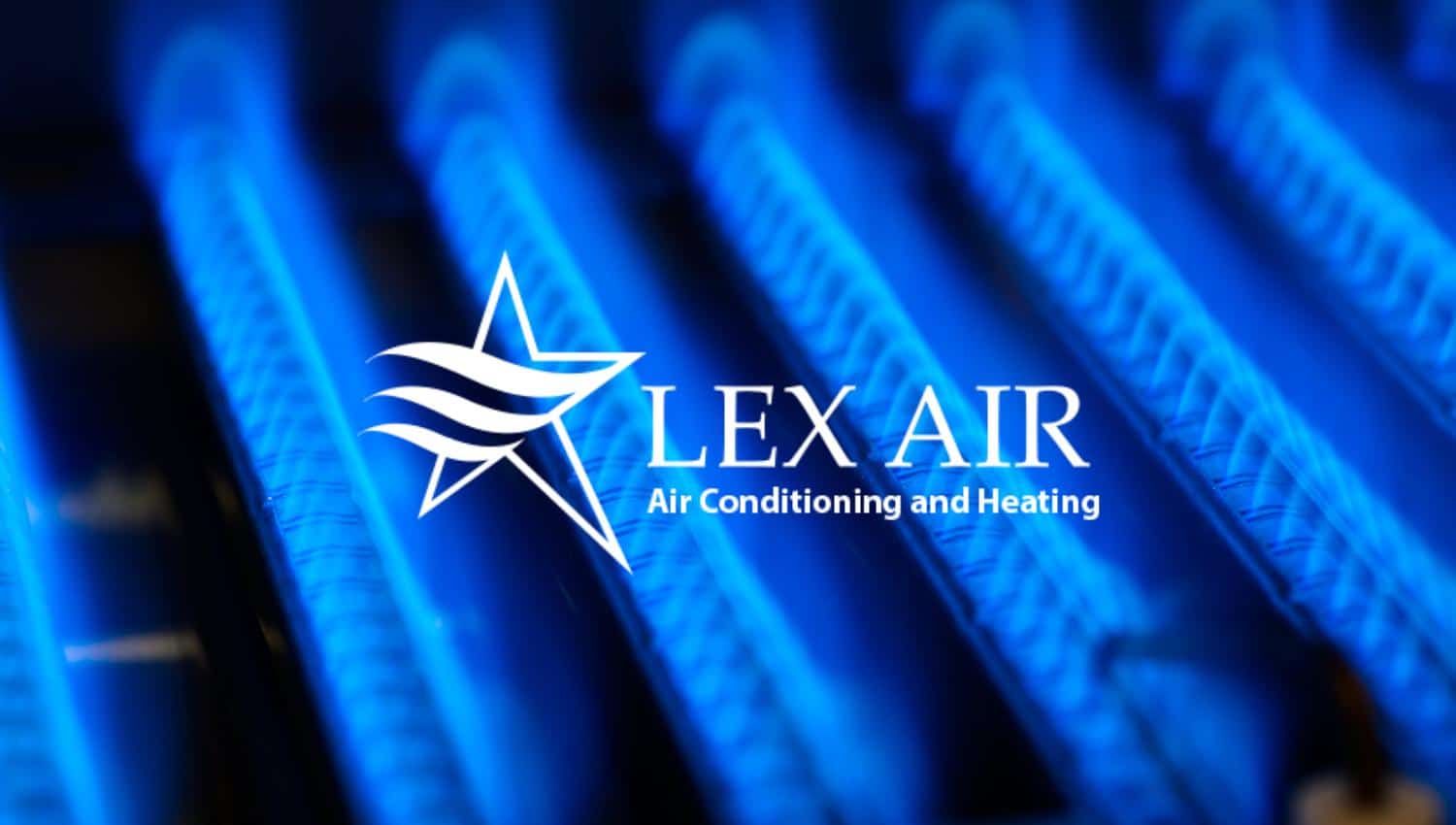For many, the heart of a home’s heating system is the furnace, which, when functioning properly, can provide residents with comfort and warmth when temperatures drop. However, when that furnace refuses to shut off, it can decrease comfort and increase energy bills. Not only that, but it can cause undue strain on the home’s heat system, decreasing its lifespan.
There are a number of things that can cause a furnace to run continuously. Below, we’ll explore the different possible causes as well as how to troubleshoot problems like this.
If your electric or gas furnace refuses to switch off, you may need professional help. Luckily, the Carrollton heating experts at Lex Air Conditioning and Heating are here to help diagnose and solve the problem for you, restoring comfort and protecting your system from damage.
Call (972) 217-8955 to schedule repairs with us or to learn more about our services.
How a Furnace Operates
Unlike a heat pump, which is an HVAC system that works as both an air conditioner and a heater, a furnace is a stand-alone system. A furnace works by drawing in cold air from the home and carrying it to the furnace burner, which can be fueled by either gas, oil, or electricity. From there, the furnace blower motor pushes the heated air back into the living spaces through a system of ducts and vents. The thermostat controls the furnace, switching it on and off to reach and maintain a given temperature setting.
Common Reasons Why a Furnace Won’t Turn Off
There are a number of reasons that your furnace may not be shutting off when it should. Below are some of the most common reasons that a furnace might not shut off.
Thermostat Issues
One common culprit behind a constantly-running furnace is a thermostat malfunction. Once the thermostat detects that the home is at the desired temperature, it will make the furnace turn off. If the thermostat is incorrectly reading the temperature, however, it could cause the furnace to run non-stop. Additionally, issues with the thermostat wiring could cause miscommunication between the thermostat and the furnace.
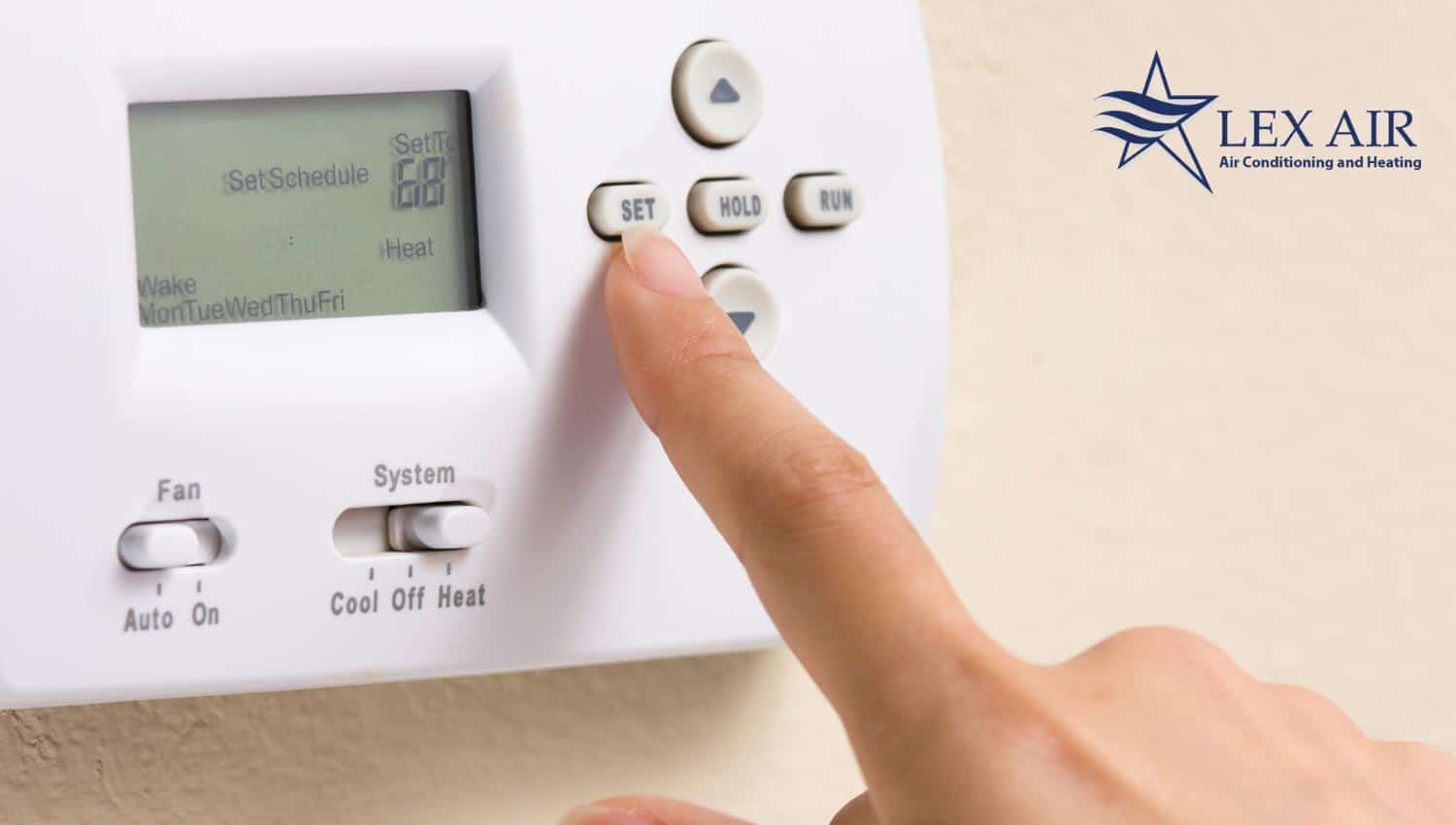
Faulty Furnace Switch or Relay
Another reason a furnace may not turn off is due to a faulty limit switch or relay. These components are responsible for controlling the power supply to the heating unit. If they become stuck in the ‘on’ position due to wear or electrical issues, the furnace will continue to operate regardless of the temperature or thermostat settings. In these cases, professional furnace repair might be necessary in order to make the furnace turn off.
Fan Settings
A continuously running furnace can also be attributed to the system’s fan settings. If the fan is set to ‘on‘ instead of ‘auto,’ it will run continuously, even when the heat system is not generating hot air.
This can create the impression that the furnace is always running, even though it may be functioning correctly in terms of heating. Checking and adjusting the fan settings can often resolve this issue.
Dirty Air Filter or Other Airflow Problems
A clogged or dirty air filter is a common issue that can cause a furnace to run continuously. When on, the furnace needs a steady supply of air in order to heat the home. A clogged air filter makes it harder to circulate air through the system and the home, which could prevent the furnace from properly cycling off.
Additionally, this restricted airflow puts extra strain on the furnace. This not only reduces efficiency but can also decrease the system’s lifespan. Regularly replacing or cleaning air filters is essential for optimal furnace operation.
Incorrectly Sized Furnace
When choosing between different furnaces, it may seem like a good idea to go with one of the smaller, cheaper furnaces. For some, it may seem necessary to go all out and buy the biggest, best furnace available. However, furnaces need to be chosen carefully based on the size and characteristics of the home in which they will be installed.
An incorrectly sized furnace can lead to numerous problems, including the inability to turn off properly. If the furnace is too large for the space, it will heat the area quickly and then shut down, leading to frequent cycling on and off. Conversely, a furnace that’s too small will struggle to reach the desired temperature, causing it to run continuously in an attempt to heat the space.
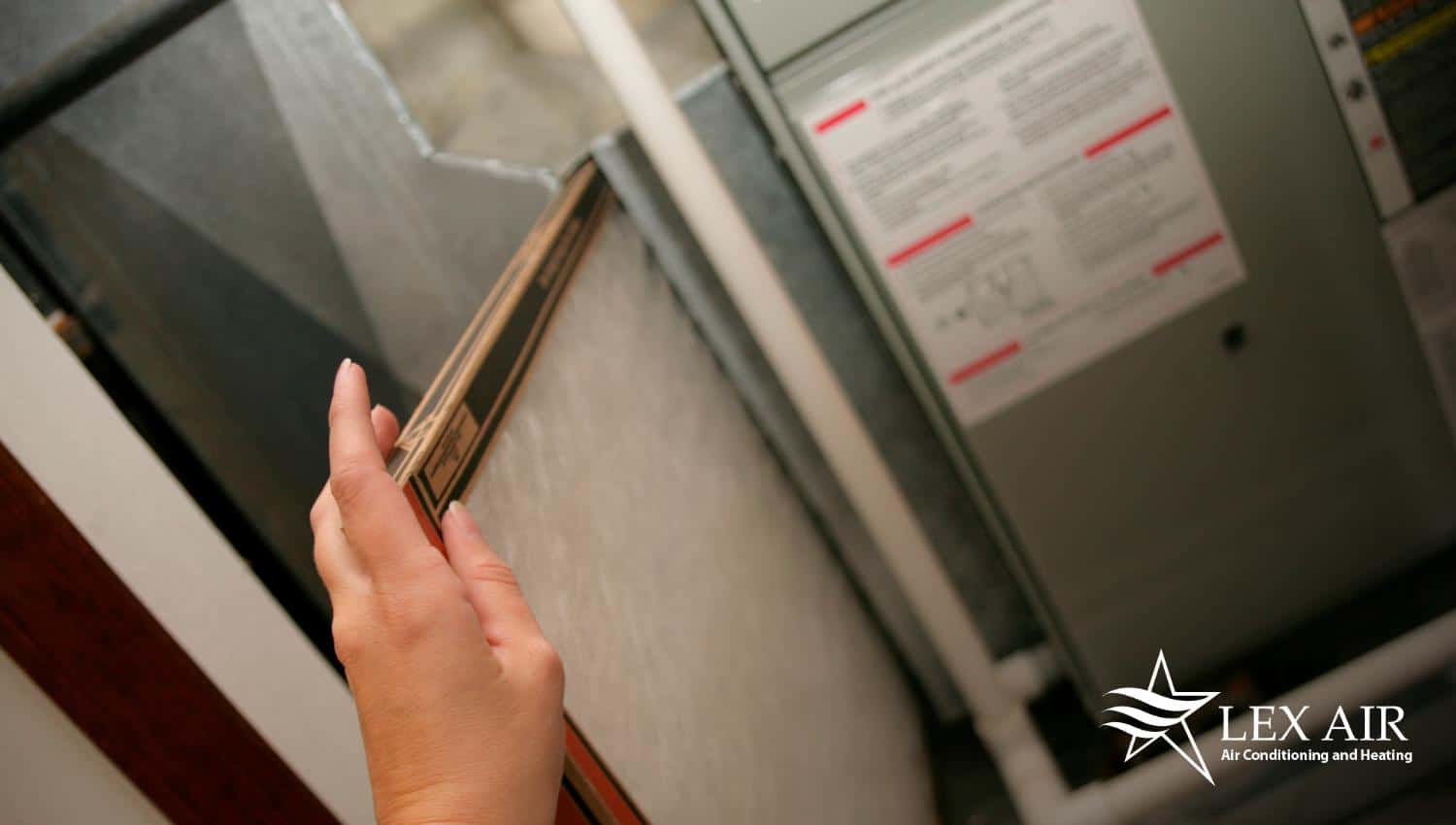
Ductwork Issues
Issues with the ductwork, such as leaks, blockages, or poor insulation, can also cause a furnace to run continuously. Leaky and poorly insulated ducts can lose a significant amount of heated air, making the furnace work harder to maintain the set temperature. Additionally, like a clogged air filter, a clogged air duct can restrict airflow, which can keep the furnace’s heat cycle on.
External Environmental Factors
External environmental factors, such as extremely cold weather, can impact a furnace’s operation. In harsh winter conditions, a furnace might run continuously to combat the cool air infiltrating the home.
Additionally, factors like open windows, poor insulation, and drafty areas can make it difficult for the furnace to generate enough warm air to maintain the set temperature.
Troubleshooting Tips for Furnace That Won’t Shut Off
When faced with a furnace that won’t shut off, there are several troubleshooting steps you can take before calling a professional. First, check the thermostat to ensure it is set correctly and functioning properly. Replace batteries if it’s battery-operated, and make sure it’s set to ‘heat‘ and not ‘fan‘ mode.
Next, inspect the air filter; a dirty filter can cause airflow issues that make the furnace run continuously. Replace or clean the filter if needed. Also, examine the furnace’s switches and relays – these should be in good condition and not stuck in the ‘on’ position.
You should also attempt to evaluate your home’s ductwork for any leaks or blockages that might be affecting the system’s efficiency. Remember, regular maintenance is key to preventing such issues and ensuring the longevity and efficiency of your heating system.
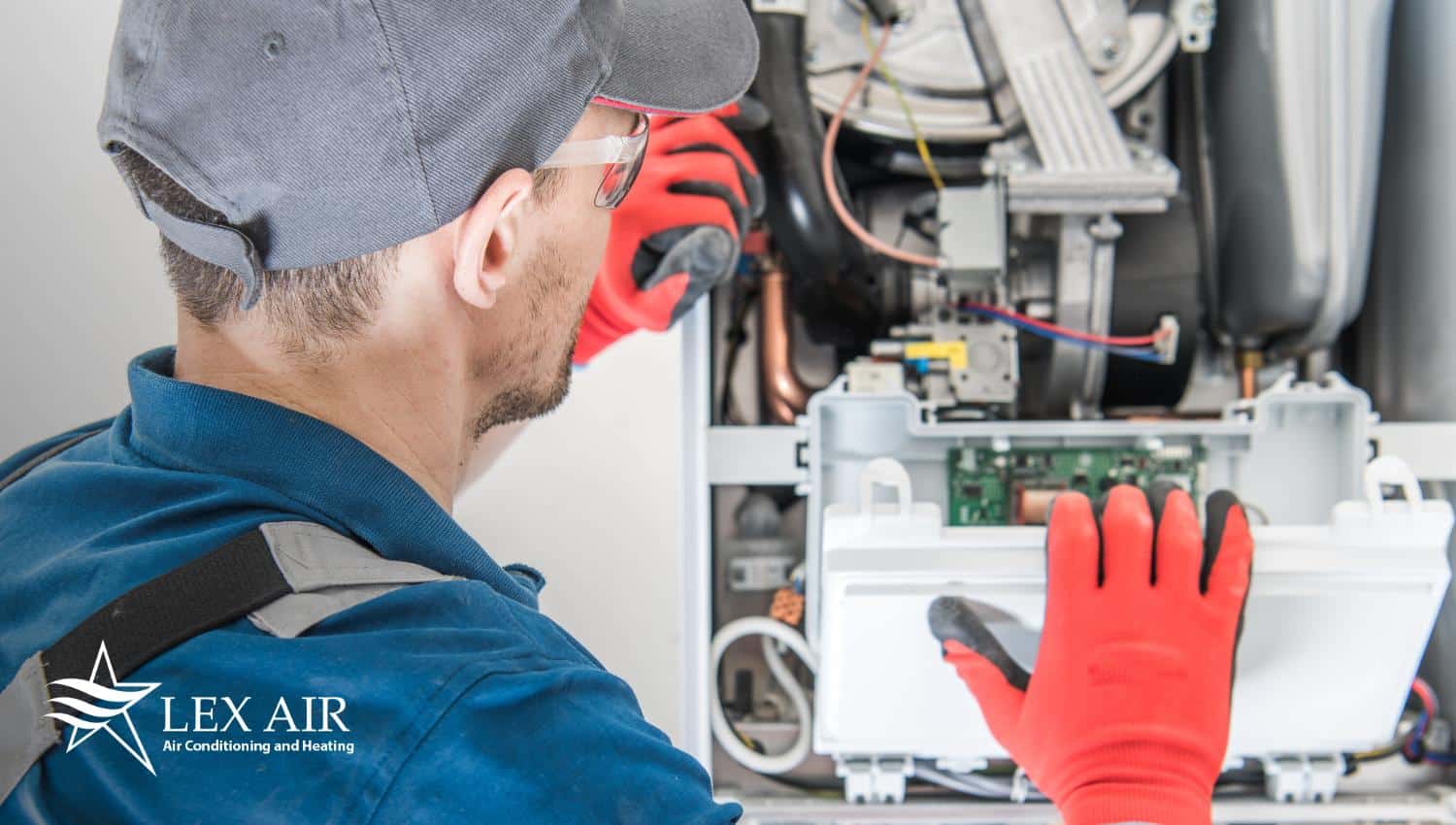
When to Call a Professional Heating Technician
It’s crucial to recognize when a problem with your furnace requires the expertise of a professional heating technician. If basic troubleshooting doesn’t resolve the issue, or if you notice unusual noises, smells, or frequent cycling on and off, it’s time to call a professional HVAC technician.
Additionally, if you encounter electrical issues, such as a tripped circuit breaker or a burnt wiring smell, these are clear indicators that professional intervention is needed. A licensed technician can safely diagnose and repair complex issues, such as problems with the furnace’s internal components or wiring.
It’s also wise to schedule regular professional maintenance to prevent future problems and ensure your furnace operates safely and efficiently. Remember, attempting to fix complex furnace issues on your own can be dangerous and may lead to more costly repairs in the future if done incorrectly.
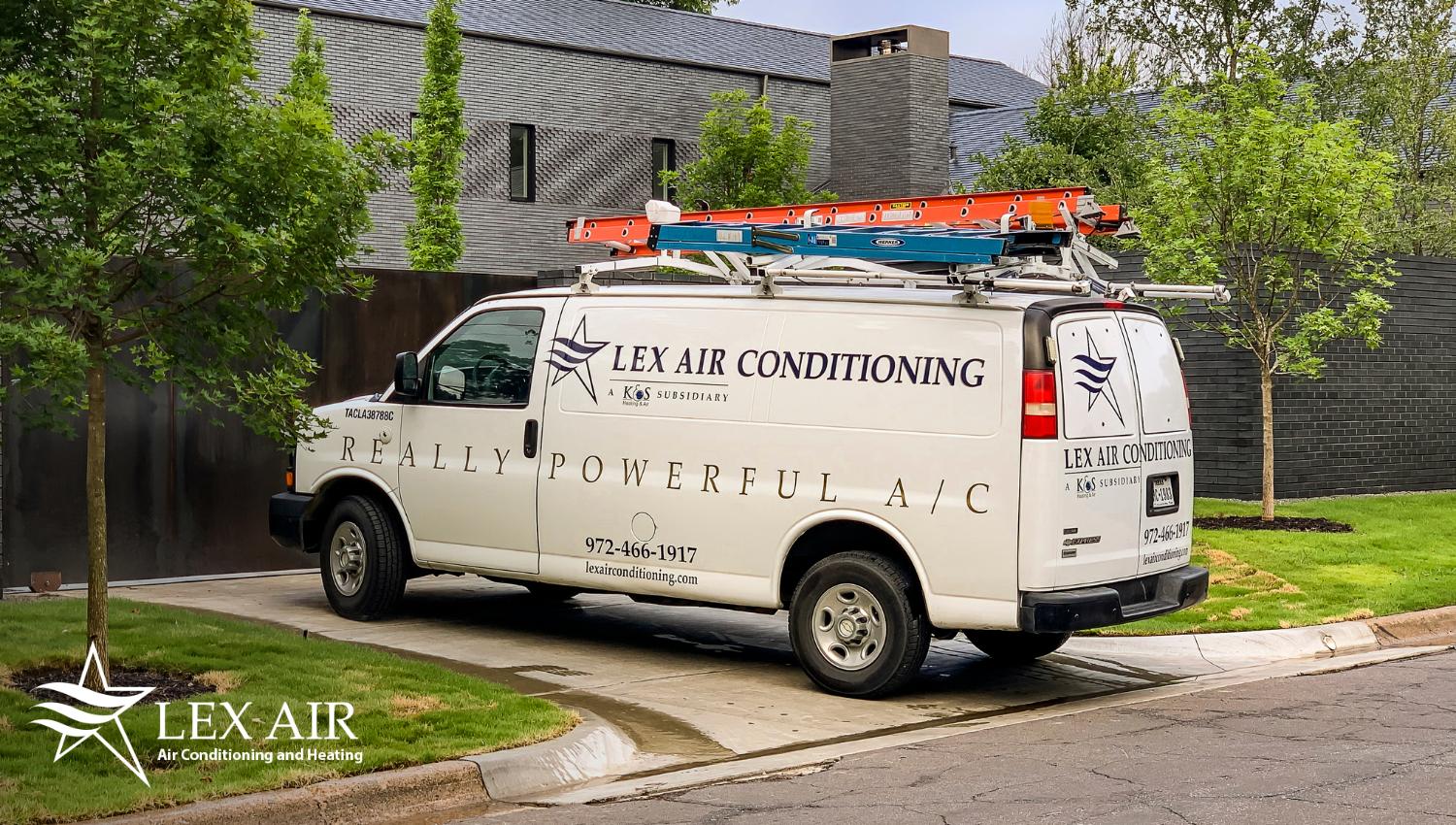
Furnace Issues? Call Lex Air Conditioning and Heating Today
If you’re in need of furnace repair in Carrollton, TX or the greater Dallas area, Lex Air Conditioning and Heating is here to help. We can evaluate your HVAC system to determine the cause of the problem and then solve it for you, ensuring your heating system works to provide you with warmth and comfort throughout the season.
Call us at (972) 217-8955 or contact us online to schedule repairs or to learn more about our heating repair services.
